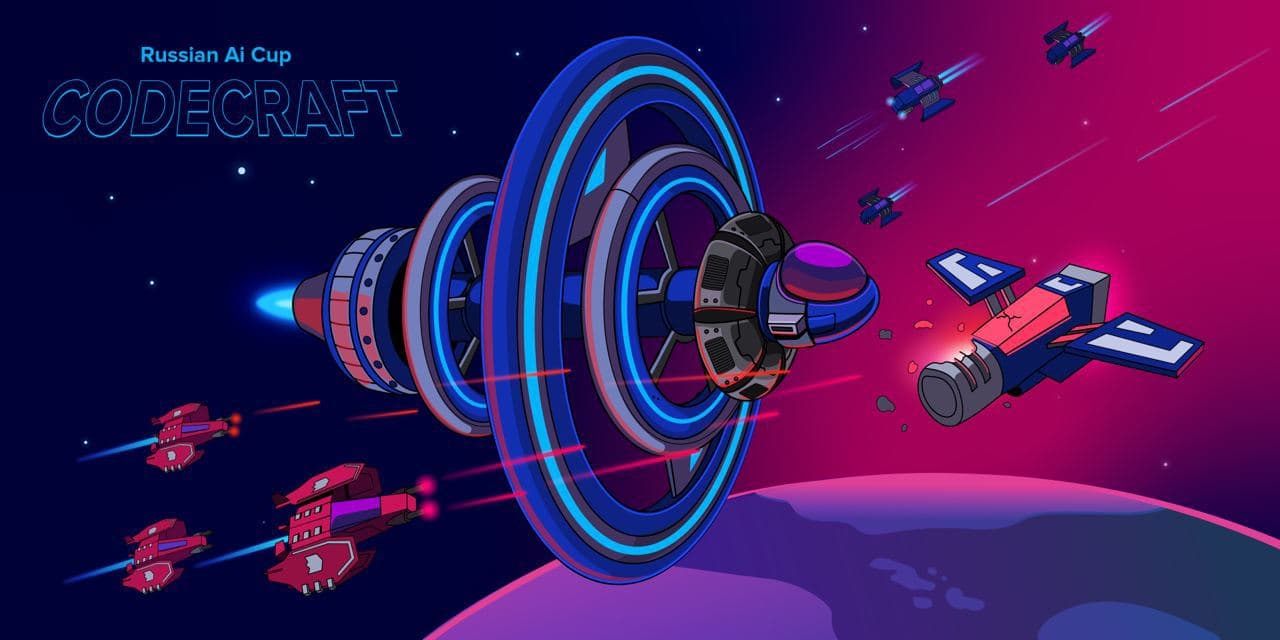Known now as a «motherboard speaker», or just «beeper»,
PC Speaker has been introduced in 1981 along with the first personal IBM computer. Being a successor of the big serious computers for serious business, it has been designed to produce very basic system beeps, so it never really had a chance to shine bright as a music device in numerous entertainment programs of the emerging home market. Overshadowed by much more advanced sound chips of popular home game systems, quickly replaced with powerful sound cards, it mostly served as a fallback option, playing severely downgraded content of better sound hardware.
«System Beeps» is a music album in shape of an MS-DOS program that features original music composed for
PC Speaker using the same basic old techniques like ones found in classic PC games. It follows the usual retro computing demoscene formula — take something rusty and obsolete, and push it to eleven — and attempts to reveal the long hidden potential of this humble little sound device. You can hear it in action and form an opinion on how successful this attempt was at
Bandcamp, or in the video below. The following article is an in-depth overview of the original
PC Speaker capabilities and making of the project, for those who would like to know more.





